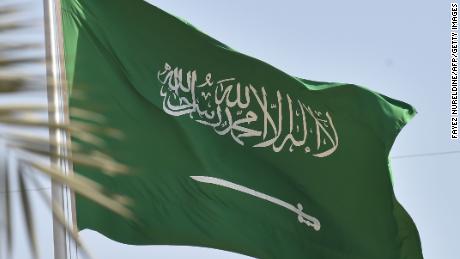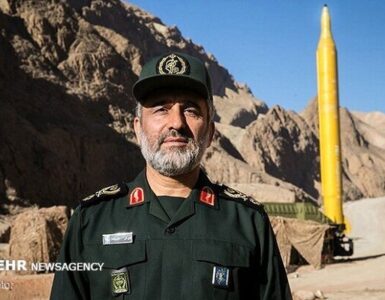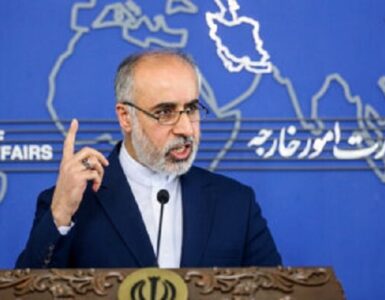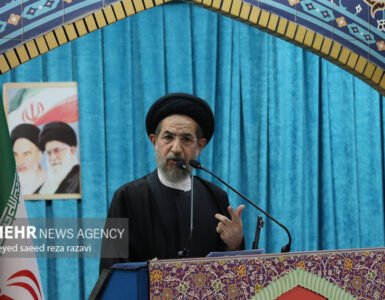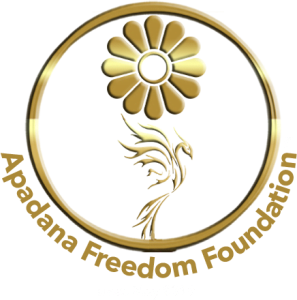Other top Middle East news
- Background: The court’s decision cited an unresolved case in relation to old corruption charges, which means Zebari doesn’t meet the “good reputation” requirement to be head of state.
- Why it matters: The decision was a blow to populist Shi’ite Muslim cleric Moqtada al-Sadr, who was the biggest winner in an October election. He had vowed to push through a government that would exclude Iranian allies. Sadr had supported Zebari’s bid. Once elected, the president will call on the largest parliamentary alliance to form a government.
- Background: President Kais Saied has often expressed his disapproval over judicial delays on rulings in cases of corruption and terrorism. In July, he ousted the government and froze parliament’s activities before appointing a new prime minister.
- Why it matters: The president’s interventions have been seen as undermining the democratic gains of Tunisia’s 2011 revolution that ended autocratic rule and triggered the Arab Spring.
- Background: The crown prince was one of the highest-profile world leaders due at Friday’s event, which was overshadowed by boycotts by Western nations including the US, UK and Canada.
- Why it matters: In recent years China has built good relations with Middle East powerhouses such as Saudi Arabia, even helping manufacture ballistic missiles for the kingdom. If the prince had attended the ceremony, it would have signaled deepening ties between the two countries.

